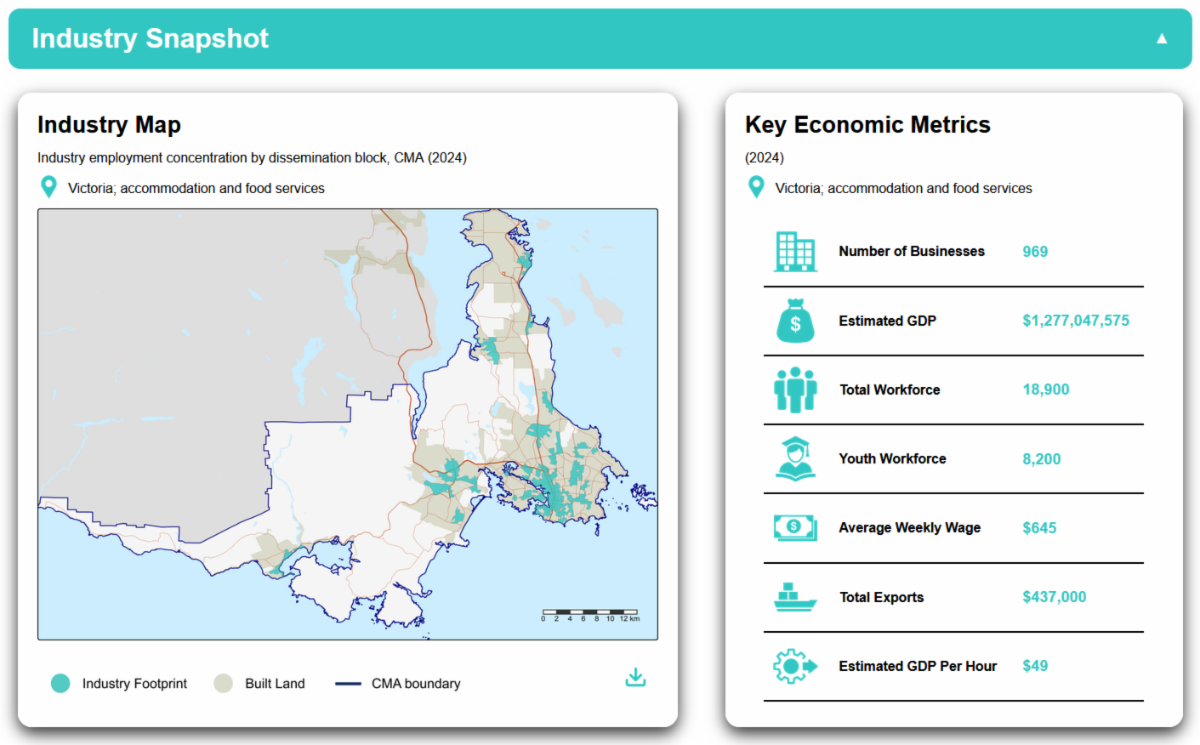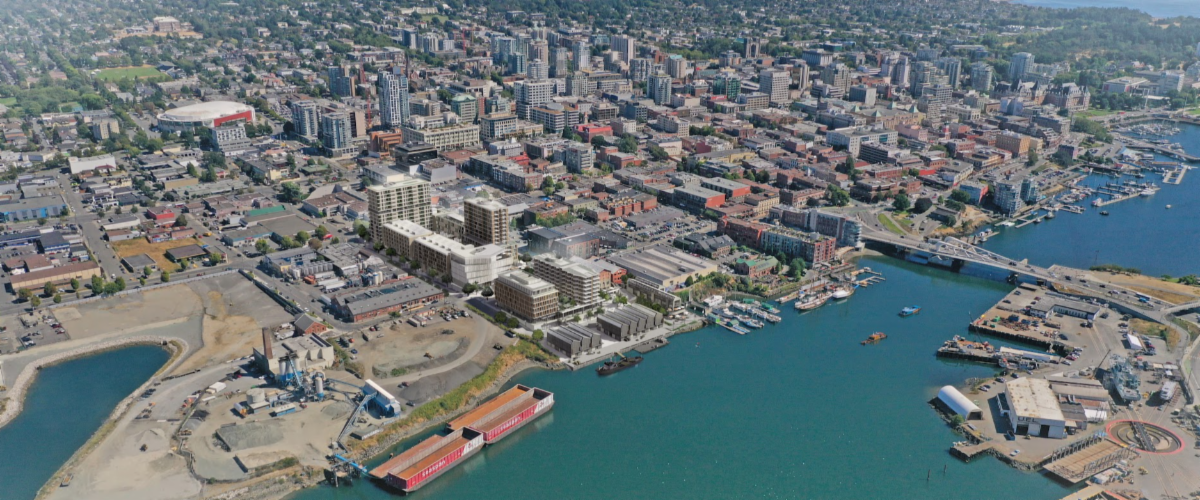Rising Economy speaks to Main Street and war zones
Tickets are still available for South Island Prosperity Partnership‘s signature annual conference happening next month.
A chief economist decoding turbulence in real time. A Canadian retail leader driving major success despite the “Amazon effect.” A CEO building forensic systems in global disaster zones. A bestselling author who says we can’t afford to cast aside older workers. An AI expert sharing career-pivot strategies to help humans avoid becoming obsolete in work and business.
These are just some of the speakers featured at the conference, taking place from March 10-11 at the Delta Victoria Ocean Pointe Resort in Victoria.
Among the keynote speakers is Justin Young, owner of Canadian Tire Hillside, who will provide a rare look at operations in one of the retailer’s largest locations in the country.



























